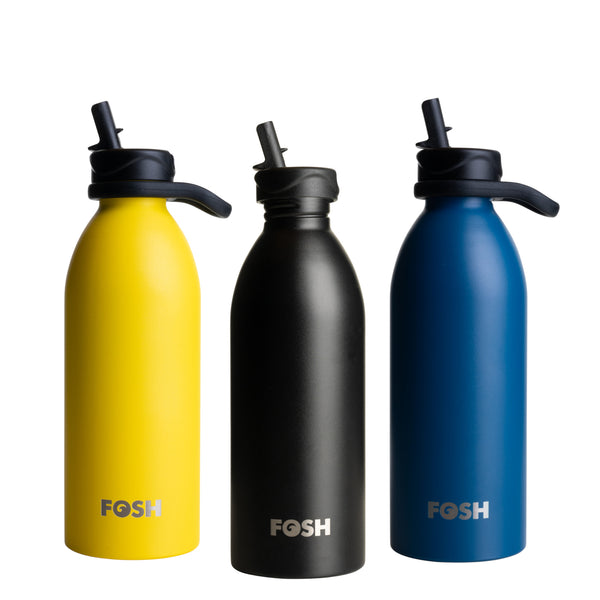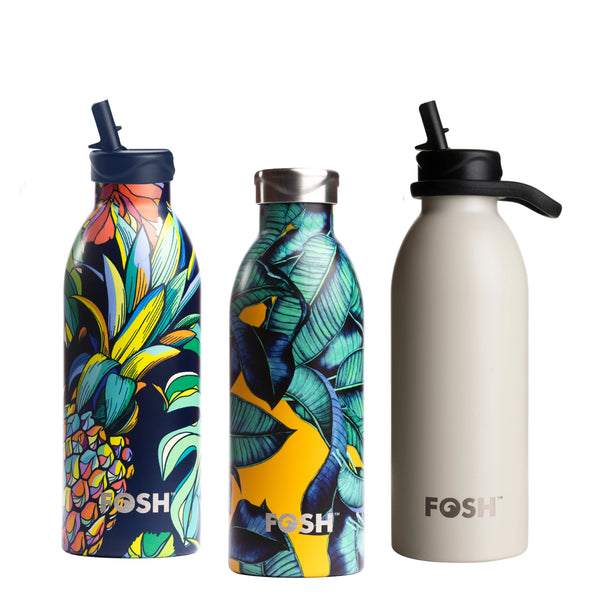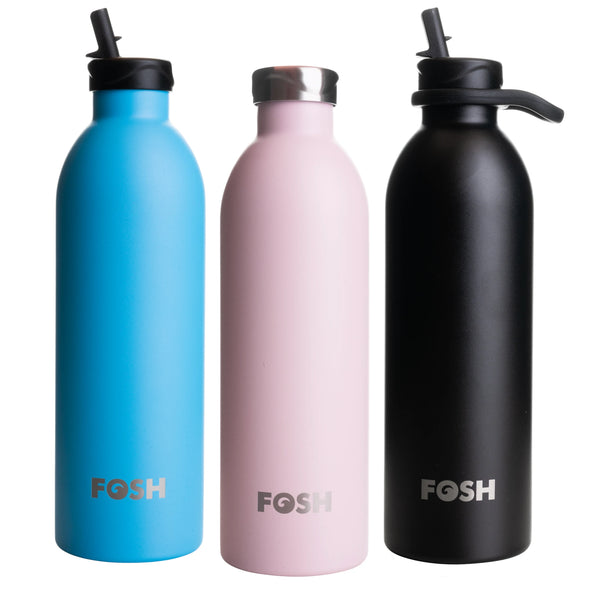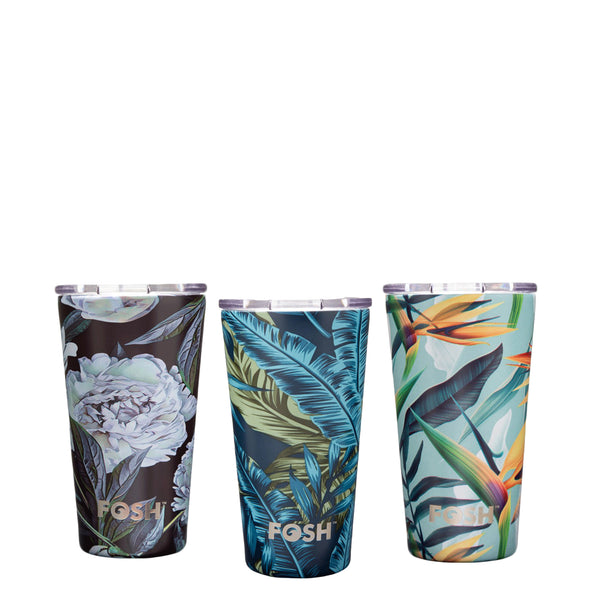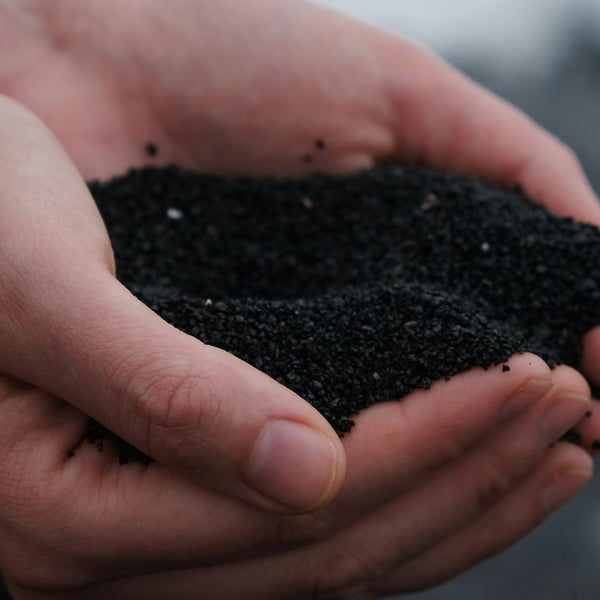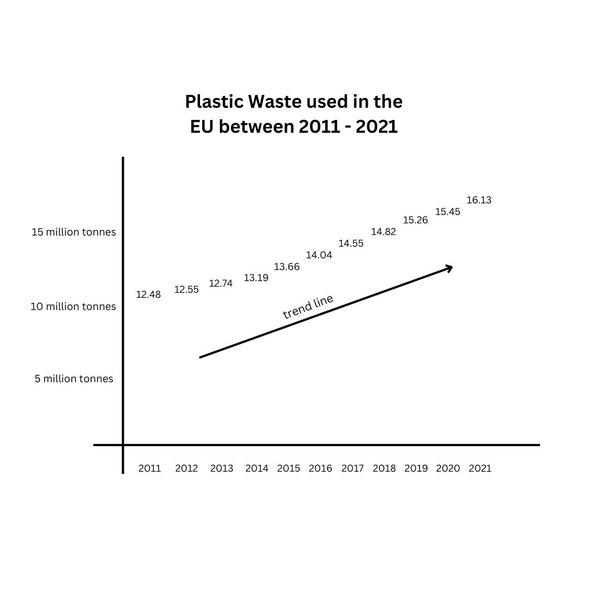Governments across the World continue to push single-use plastic bans.
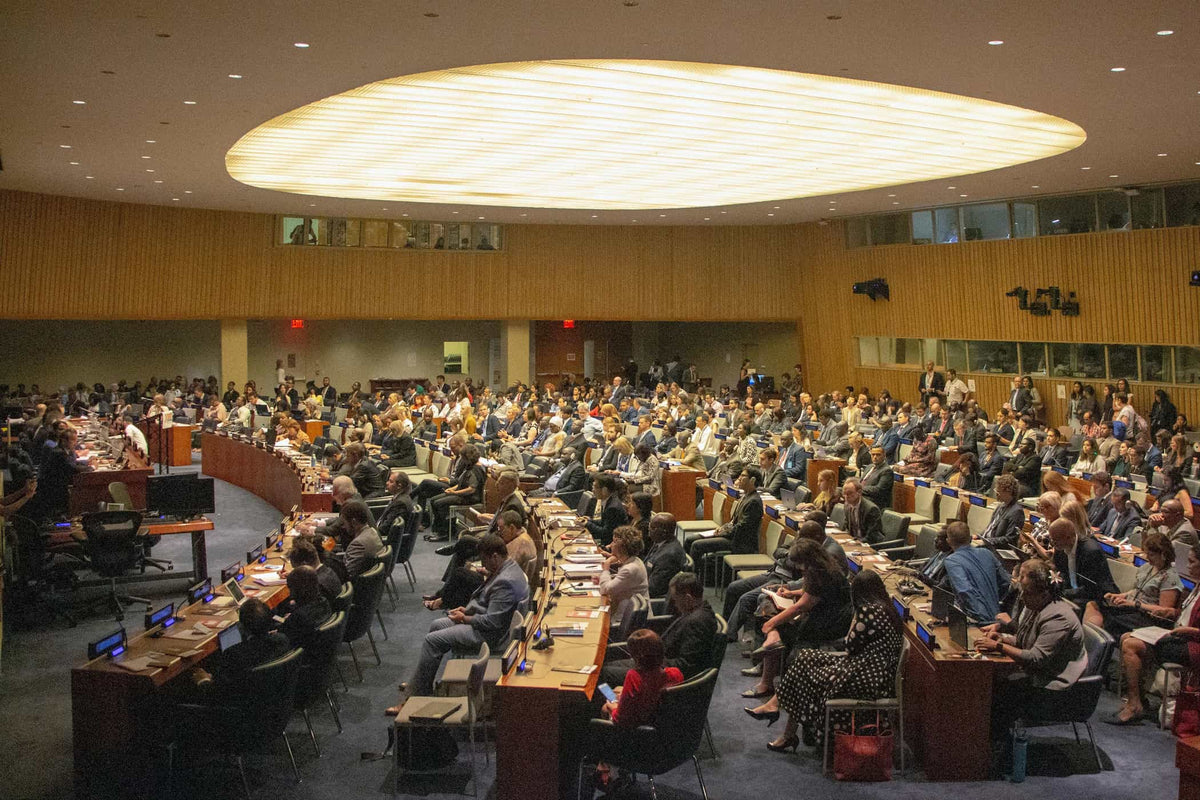
We wrote back in October advising of single-use plastic bans in Cape Cod and a proposed ban for parks in New York. These were two big examples of the changes on the horizon but the World's efforts against single-use plastics don't stop there. We have seen many more legislative pushes by Governments so we thought we'd create a summary of the latest news in this sector.
On July 2, the Directive on Single-Use Plastics took effect in the European Union. The directive bans certain single-use plastics for which alternatives are available.
Less than a month ago - on the 11th November - Scotland published draft guidelines for the implementation of the Environmental Protection Regulations, which specifically mentioned "Single-use Plastic Products" in the title of the document.
On the 20th November the UK Government announced plans to "ban single-use plastics" as it was stated on the GOV.UK website it wants to stop the purchase of "single-use plastic plates, cutlery, expanded and extruded polystyrene cups and food and beverage containers".
The list goes on with 170 countries now pledging to ‘significantly reduce’ the use of plastic by 2030. This list includes some countries that may surprise you, even China are talking the talk announcing a plan to ban non-degradable bags in all towns and cities by 2022. It is proposed that single-use straws will also be banned in the restaurant industry. Let's hope they walk the walk. Instead of a proposing a nationwide ban on plastic bags, cups and straws Indian states are being asked to enforce existing rules on the storage, manufacture and use of some single-use plastics.
This is not a new trend. Zimbabwe introduced a ban on polystyrene food containers way back in 2017 with fines of between $30 to $5,000 for anyone breaking the rules. Kenya banned single-use plastic bags also in 2017 and, this June, prohibited visitors from taking single-use plastics such as water bottles and disposable plates into national parks, forests, beaches, and conservation areas.
There is undoubtedly a growing movement away from single use plastic, we all can see the effects of plastic in our everyday life. The legislators are trying hard to apply the correct pressure points to force change, we can all make changes in day to day life in so many ways so why don't you join us in our quest to rid the planet from this unnecessary and wasteful practice?

